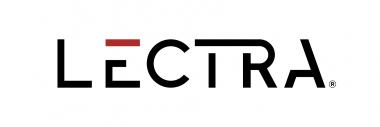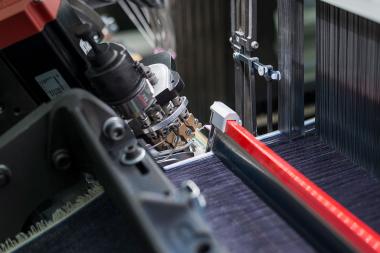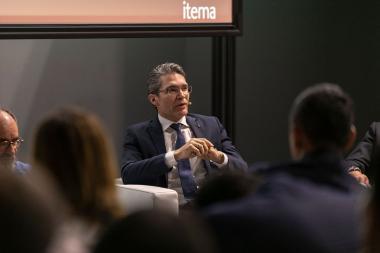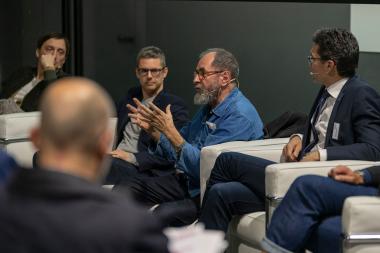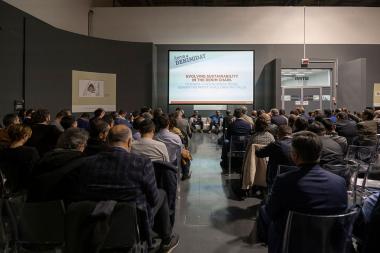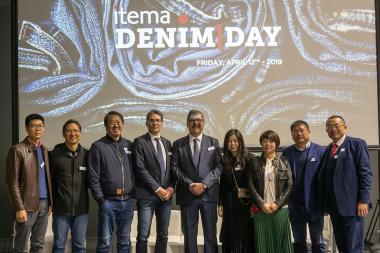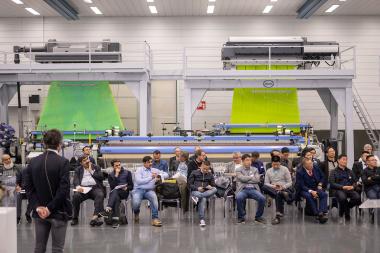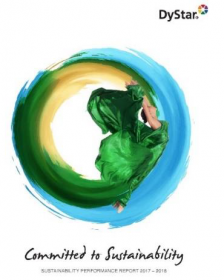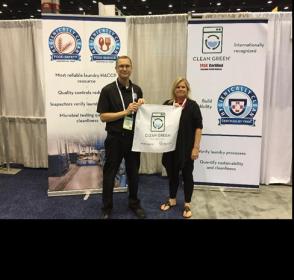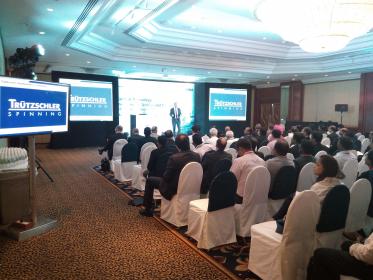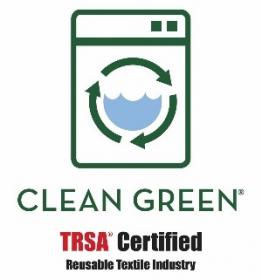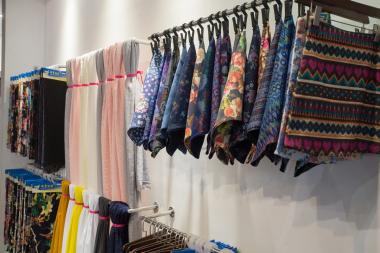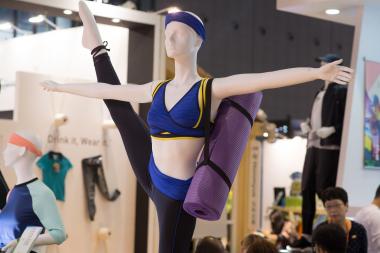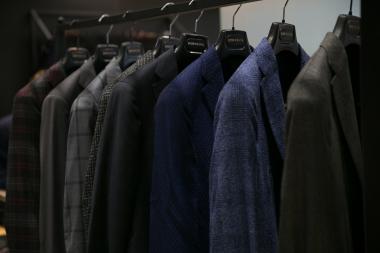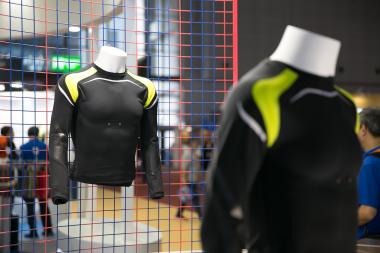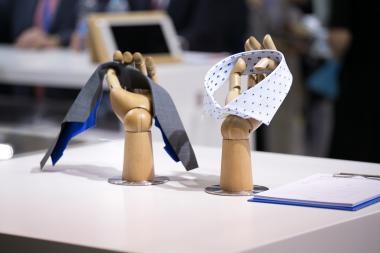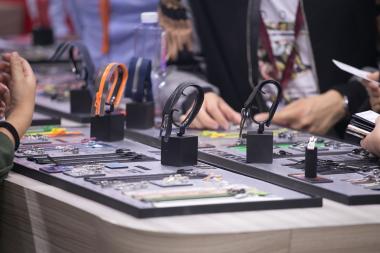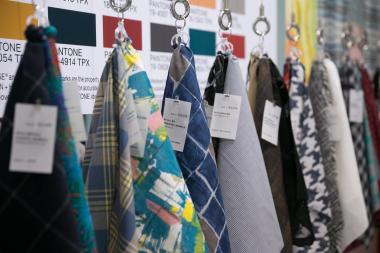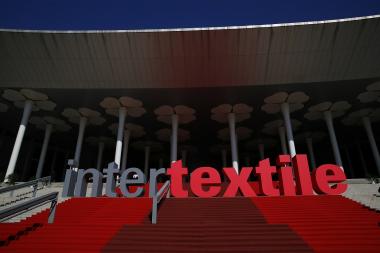PREMIUM GROUP: Statement about January 2021 Events
- Anita Tillmann, managing partner, about Premium Group´s January 2021 Events
“These are challenging times – for all of us. On one hand, because we can't meet up in the same carefree way as usual. And, on the other hand, because decisions have to be made based on factors that are out of everyone’s control. Alongside all this, it’s essential that we look to the future with positivity, that we use the time effectively and continue to advance in the face of adversity. This not only affects the trade show and event organisers, but the whole industry.
We have carried out market research and surveyed exhibitors, partners and buyers on the current circumstances. The objective was to obtain a data-based assessment of the current economic situation, a summary of the success of the exclusively digital events, and insights into the requirements of our network with regard to the physical trade shows. Following analysis of the data gathered we have established that there is a personal wish for an event to happen – inclusive of the appropriate hygiene measures – however, this is unfortunately not currently possible from a professional perspective. As long as there are delays to production and constantly changing travel and contact restrictions in place, we cannot put on any trade shows, conferences or events that would meet our demands or the demands of our exhibitors.
We have therefore decided not to hold PREMIUM, SEEK or FASHIONTECH next January. This was an incredibly difficult decision to make. Especially because we didn't want to say goodbye to Berlin without a fitting farewell.
Now, though, it’s about looking forward and concentrating on what is certain: Frankfurt Fashion Week, which we will be staging in July 2021 together with Messe Frankfurt, the City of Frankfurt and the region of Hessen. We have big plans and are working on a new, fresh start – not only for us, but also for all stakeholders in the fashion industry, nationally and internationally.
Another press conference is planned for the end of November, when we shall be introducing new concepts, partners and event formats. Preparations are already in full swing: we are having numerous discussions, sitting in workshops, activating partners, designers, publishers, politics and society so as to get a unique, fully formed event successfully up and running. Expectations are huge – and we intend to satisfy them. We are putting all our energy into this future-focussed project.
With the aim of being able to share our enthusiasm, we are planning a FFW Preview to present the new locations in Frankfurt am Main and the concepts to journalists, brands and retailers at the beginning of next year.
Until then, all we can say is this: stay curious. Stay optimistic. Because even though there won't be any events this coming January, the show does go on. True to form, that means there will be more business opportunities than ever before, along with innovative formats, events and conferences and a fully formed city concept that has never been imagined before.”
PREMIUM Exhibitions GmbH









